Podcast Transcription
Jordan Hansen: Hello everyone, and welcome. Today I'm here with Jimmy Rios. He's calling from Arizona, right? You're in the
Jimmy Rios: Yes. The heat is, it's already warm in Arizona, right? It's getting up there, man. And every day it's warming up.
Jordan Hansen: Yeah. And you are from the Arizona area, like you're like, is that born and raised or, or pretty much most of your life?
Jimmy Rios: No, I, I, I've been raised here. Um, I was born originally in Queens, York. Okay. So it went from one extreme to the other.
Jordan Hansen: I see. Now you've been in the Arizona area for a long time. And also you've kind of been in this space, which is what we're gonna talk about more today, like the business financing brokerage, um, m and a, all of these kinds of areas as well as doing just consulting with a lot of different businesses.
Jimmy Rios: Yeah.
Jordan Hansen: Do you wanna give some background about what you do and what you love doing?
Jimmy Rios: No, definitely. Um, I started, it sounds funny because I don't feel like it was that long ago. 1997. Yeah. But now in context and thinking back, it's a while ago, almost 30 years
Jordan Hansen: now, Jimmy, almost 30. And
Jimmy Rios: in my mind it feels like it was just yesterday, but you know, this was right when the, the internet was starting and SEO didn't exist. I was going to a SU and I was gonna try to be a, a Spanish teacher and fell into a company called Commercial Credit and started from the bottom working my way up. And by the time I was 25, I became a branch manager for a consumer finance company that got eaten up and bottled up with, um, Solomon Smith, Barney, and Citigroup and the big mergers of, of, of the late nineties. Right. So very quickly I started seeing what corporate America was like and I started understanding all the nuances and it really started kind of.
And figure out a way to do it on my own 30 years later. Right. Or close to, or 28 years later. I probably would've taken a different path in getting there because I made a lot of stupid mistakes.
Jordan Hansen: Sure. We all do. Yeah.
Jimmy Rios: As a young kid, I, I didn't know any better, you know, I was just like, I wanted what I wanted and I was off to the races, you know?
Jordan Hansen: So I guess what mainly was the decision? What was the driver? Was it. You just wanted, tell me what it was, freedom or what was it?
Jimmy Rios: Not even that. No. I was working with about 95% of my client base was in the Latino market here in Arizona.
Yeah.
And what I started sending these pieces. Mm-hmm.
and people would like respond to them and come in the office and they wouldn't read the fine print. And it was very high interest loans that we were securitizing with what we call UCC ones.
Which is, you know, with personal property or really putting just kind of liens on their personal property. And then back in those days, we could collect on that stuff.
Like you can't do that now. But we were to go and actually collect on things like that. You know, if somebody defaulted on their loan or whatever, and these were pretty high interest loans. I mean, upwards of 30%, you know, and it adds up, right? So I got a very bad taste in my mouth for what lending was at that time, you know? And this was where the conglomerate. Yeah, they got bought out by Citi Group, which was, you know, part of Citibank and I was like, man, they're doing this. I mean, how many more people are suffering you Latino, everybody.
In, in fundings, and it was mainly personal loans. And I mean, there were some equity loans and things like that that we would secure with second mortgages, but the majority of it was in that arena. So I was like, one, I just couldn't sleep, I couldn't like, feel comfortable in the way that I was being done. Right. Two, um, the clients were getting very dependent on me, right? They would come to me and. Everything. So, yeah, when I was growing up, I was like, my, the go-to my parents or they were immigrants from Columbia, from me, Columbia, and they spoke good English, but they felt comfortable in basically having me call all their, you know, real estate agents, insurance, whatever, you know.
And so I, I, at a very young age, I caught myself doing that. Many years and going into that business, I felt like I was just an extension of my parents. Yeah. So I felt almost to help them in so many. So I started myself doing, helping with taxes, insurance, mortgages, everything that had with everything. You know they were, wait,
Jordan Hansen: this is saying you're saying for your parents or your clients?
Jimmy Rios: Even for my clients.
Jordan Hansen: I see. Because you've already done it for your parents. You started doing it for your clients as well. You became their like go-to man.
Jimmy Rios: Their go-to. They thought I could, like, it was kind of an extension of customer service that got outta hand. Right. Uhhuh. Yeah. Um, and I couldn't make any more money doing it through corporate.
Jordan Hansen: Right.
Jimmy Rios: So I said, well, if I start my own business, then I could charge at least for my services. In doing so, right? Yeah. So I actually started a property management company to start and then, um. Started morphing into Rio's Financial Group and the, the different subdivisions that I developed, uh, in taxes and insurance.
And over the years came a, a financial services ecosystem of services. Right. Like a one stop shop for, there's really one stop shopping, you know, and they were very loyal. Customer, we didn't have social media, so if you did something for someone that back then they told everybody and, and that was the way I marketed. I, I did do some marketing and, but it wasn't that expensive and the people that came through like would branch out and tell five or six people and that kept me going, you know? Yeah. It was exciting to be able to, to learn. I had to get licensing that, that's when started to change the licensing and everything. Buckle down. And get everything to be able to help everybody, you know?
Jordan Hansen: So it really seems like it stemmed from the fact and lived on the fact that you're, you're just really good customer service.
Jimmy Rios: No, I, I think that was the key to it, right? Is um, everything that I would say that I could do, or I felt an obligation, I was like, no different than when my parents, huh, would rely on me to help them. Right. So I felt that unconscious burden to really follow through on everything, you know?
And when I couldn't help them because of something I didn't know, I really got into learning how to delegate and find others that could help me. Right. So, um, my company, Rio's Business Advisors was a spinoff of that because I started working with other advisors, other ex experts that knew more than me, and I just thought, well, hey, behind the scenes, you know, these people are their own business in essence.
Mm-hmm. Advisors. Brand, they're my experts. And I found ways to be able to get paid for, you know, passing the baton so to speak, and delegating and making, keeping myself more efficient in scale to be able to help more people, you know, because you can't do it all. Yeah. And I learned that the hard way,
over time. I was doing it all for a long time and that was not effective.
Jordan Hansen: So earlier in this conversation, you said, you know, going back I would've done some things different. Give me one or two examples of things you would've done differently.
Jimmy Rios: Well, I mean, as a business owner, I was very stubborn and I thought I could do it all myself. Right. Okay. So part of that was learning how to spend the money to be able to get the help that I needed. And it started with my own books, right. Accounting and, you know, keeping those things, um, the, the rules of accounting straight with not having commingled funds and really starting to think like a business owner and, and the rules that go behind that.
Right, right. I became a very focal point in entrepreneurship as I learned over time from, from those mistakes. But keeping your house in order. Right? Yeah. Your credit, your books, you know, your structure and how you build your business. Um, a lot of those factors, they, they sound so rudimentary, but I, I see it every day where people are out there, they're doing their business, and they have no structure, they have no, no financials, and that became very crucial later on in life.
Because, um, when I needed money right. And I needed funding, I was lacking some of those things that, you know, that I needed. Yeah. Right. So everything that I talk about over 25 years of experiences has been because I went through it. Yeah. Right. And there's no better way to talk to somebody about something unless you've been through it. Right. So it gives me a lot of, um, empathy when I listen to somebody that comes to me and says, well, this, and this is happening in my business or in my personal life, because at some point I was that person.
Yeah, you've been there.
Jordan Hansen: So right now, like it sounds like you've done so much as you've gone through and helped these businesses really, like you said, business services. What would you say you spend the majority of your time on now?
Jimmy Rios: So over the years we built different subsidiaries of our business. I think where my heart is right now, because I, my wife runs one of the divisions. I have other people doing the other one, but really it's um, our high level program through business funding. Right. That program we developed over the course of the year and really got.
I would say probably 60 or 70% of my time is around the high level, the high level program with the rest of the pie being divided between our credit company, our real estate, and our, um, consulting company.
Jordan Hansen: And so I level the high level. Is that the funding arm? Is that what you say is the funding arm?
Jimmy Rios: The funding arm is Rios Business Funding Roses Business funding.com. Insider Rios business funding. We have a product called Eye Level to high level.
Jordan Hansen: Gotcha.
Jimmy Rios: I trademark right. And that that program in and of itself has taken on a life form of its own right. It has so many tentacles in how it's worked and help people through that resource that many times it leads to the other ecosystems or the other planets in my universe because of the requirements and the different things we need. To make it a success through the high level to high level program.
But as we developed that program, it, it's clear to say that we needed to take the model that I had already built in brokering loans, right. In funding, and really fix it. Because what I saw, that was through all those years of funding, right? Mm-hmm. There was still a problem, and the problem was that people still kept coming back for more money every few months.
because there was something that was lacking, right? And that's where our equation, that's where we became very effective, was we found another tool inside of our model to help these companies get what they were lacking before. Right? Anybody can get you a loan, that's fine, but what happens when you get the money? And then what, right? Yeah. Like if you don't know how to structure yourself properly and you don't have a pathway, it's very easy to go astray. And then you cut, you cut yourself in a worse position than you were six months ago. Right. And many companies will fail in the first five years on account of that,
Jimmy Rios: So if we're able to work with them, I, I call it being your partner in progress, if we're able to help you through the process from the beginning and help you through the steps you're gonna have, like that reinforcement that you need as a business owner. So you're not there. Fish outta the water. You know, like, you know, you gotta go somewhere but you dunno how and you're just kind of like, ah, what do I do? You know?
Jordan Hansen: Interesting. So you're offering debt funding, but you're also a lot, you're holding their hand along the way to help them get to the point where they no longer need you for that financing.
Jimmy Rios: Right. That's the goal.
So the goal, so the trick to this whole thing, right? The model, it's a two-sided coin. One side of the coin, we have the debt for debt structure that most people have to, you know, cross, right? Because in business, whether you're growing, you're starting, whatever the you're at in that spectrum, you're gonna need capital for something.
Yeah. If it's to buy equipment or get more, um, employees, you don't a boatload, right? And I have clients that are like, oh, we don't, we're good now. We don't need any debt, or we don't need any loan. You know? Yeah. And I'm like, great. You're some of the few, because most companies or even the United States government has debt, right?
Jordan Hansen: Yes. Uhhuh.
Jimmy Rios: And we talk about different types of debt, right? Productive debt, unproductive debt, right? Mm-hmm. Um, destructive debt. But what we said was, what if we could take a fraction of your debt, let's say we get you money. And we in your little pie graph, we're gonna take a sliver of that and we're gonna put it with our hedge fund to start producing for you what we call our third arm of income.
That income is gonna come back to you and you're gonna pay off the debt right in a very short period of time. At the same time as you're paying off the debt, we're using other structures and other means to be able to stabilize your business and help it grow. So the biggest problem people face is, you know, because they can't see in a crystal ball how their business is gonna do six months or a year down the road.
If we're able to control the debt through our processes, now you can keep doing what you're doing. Market hire. You know, buy the equipment, do the things you need to do so that that knot is untied and you can start reaping the benefits of cashflow. That's where we, we see most businesses fail, is that they tie their resources and their cashflow gets shrunk. Yeah, right. So now they're chasing their tail and they eliminate profits on their balance sheet and in their numbers, their profit and loss. Well, what happens if you have to exit your business and you're not showing any profit? Right? Yeah. Now your business is not worth anything. Mm-hmm. So what we've done is develop a system that elevates your business at the same time, right?
Because year over year, your business is showing an upward trend and the value of your business is going up. So when we talk about estate planning and setting up exit strategies and all these different things that we do as an advisory, we're looking at all the factors, not just. Getting you money. Yeah. And that was the old school way was I could get you money or I can get you a, uh, insurance or, you know, very transactional in nature. But after the transaction was done, we were done. And we wouldn't hear from you for about six months until you needed more money. Right now we're working with you as kind like a, a silent partner.
Jordan Hansen: Mm-hmm.
Jimmy Rios: And we're offering you more services to help you. But now you can quantify the pluses, right. For your business because now we're, we're helping you see the pluses, being able to gauge that and we go to present you to SBA or better types of loans. We have everything quantifiable to be able to get you those approvals instead of you coming back and saying, well I wanna get an SBA loan, but they turned me down at three or four banks.
right. They dunno the rules.
Right. I always, you can help them with that. You're win. Exactly.
Jordan Hansen: Yeah. So interesting. So you've been doing this, like you said, you're doing funding. In a way that you felt was unethical when you started, but now, I mean you're still in the funding business. H how do you feel like the funding landscape has changed since then?
Jimmy Rios: Well, lemme tell you. Right. We have income kind. Those worlds, they don't care what happens to your company reality. I mean, they're gonna get you a loan if you're tight on money and you can show bank statements or whatever we're they're gonna get the money, right? Right. So we took models like that. We said, okay, let's work with this because I know that if I can pay off these loans.
In shorter periods of time, they're gonna keep lending me, right? But I'm also gonna open it up to be able to do better funding, right? So if I need to utilize my resources and get funding, I can do that. But if I can then fix their credit, do the things I need to do to elevate them, I have the capacity to get funding. I don't care about the rate because I use. Right. With arbitrage. Yeah. Getting the, the numbers that I need, we see it all the time in hard money lending, right? When a fix and flipper goes to borrow from a hard money lender at 12%, right? And then he, he's hedging that he can sell his house in three or four months. He has to pay money to get the money. He's gotta pay contractors. He's got his investment going. What happens though, if he can't sell the house in three months Trouble? Six months or eight months. And that's cutting into his margin, right? Yeah.
But eventually he sells it. He takes his win even, albeit, might be even smaller, but he takes it and he wash rinses and repeats and does it multiple times, right?
Jordan Hansen: Yes.
Jimmy Rios: All I do is take a page from that and say, well, if they can do it in this fashion, what if I secure my capital and. Now they're gonna pay 10 99 income on profits. You're gonna do that regardless. Regardless, right?
But I'm gonna set up a diagram of allocation of funds, so these, this debt service is covered through my program. So this way you're not having to dig into your own pocket and pay those bills and put yourself in a stress, you know, ball. Yeah. We're untying the knot at every point to make sure that those people are getting system. You're probably gonna go to Vegas and put it all on black. Yeah, right. Or take a vacation. Yeah. Or go buy a Mercedes or whatever. Yeah. Because people don't what they dunno. Right. It's easy to do those choices, but if you have a plan, a blueprint, and you follow my plan three to six months into my plan, we've, you know, gave you X amount of money, we can prove what's been paid off.
Now we get even more. We get personal guarantor and we get you an corporation that already has four years in business business credit, working in your favor off personal loans. We now you have better interest. Sometimes percent for 24 months. Yeah. Now we can take, but now we paid bookkeepers and CPAs. Make sure your numbers are right. Set your s. Going, so now your books are right. You showing profit, you're stabilized, have lines, credit bills, your purchase contract, whatever. Smarter in setting things up this way because now you have a system. We built systems in Kiyosaki's Rich Dad Port the Cashflow Quadrant. He talks about building a system that generates cashflow through the leverage of OPT, other people's time. Mm-hmm. And OPM, other people's money.
Yeah, right. We've done the same thing. Now you're making money. And we use our hedge fund to make money, right? So the investment side of the equation is built, right? So our business owner with a system and using his money to make money, those are the two quadrants. Now you got a system producing for you. You're building your business, you're doing the things you need to do, and we're working with our tax advisory. So you doing strategic moves inside taxes, right? Think about it, you're gonna go buy a car. Do you know what's the best way to buy a car? Most people would go and use their personal credit. Right?
Right. What if I could leverage with my business, maybe lease a car for two or three years and then pay it off, right. And buy it. You know, I try to take the tax advantage of leasing it or use a section 1 79 and pay it off with the profits from my hedge fund. Yeah. And you know, there's so many ways, right? Rent out my property for a couple weeks, pay my kids. Yes. Right. There's so many different tax advantages that we can advise on and people just don't know. Yeah. They didn't know that even existed. Interesting. So it, it becomes fun. It becomes fun when we start seeing success and case studies of people that didn't know, but. Show me the way. Right, right. And I'm not that smart. So it's not me. It's, it's the people that are smarter than me that I've learned from. Right. Because I'm, I'm a product of, you know, everything that I talk about is because I'm doing it in some form or fashion and learning from the experience.
Jordan Hansen:Yeah. Uh, Jimmy, well, I really appreciate your time. I, I really appreciate your time and coming on and telling me about this awesome things. It sounds like you're helping a lot of people.
Jimmy Rios: Hey, man. I really appreciate it. I know that, you know, there's a lot of people out there that are listening that could use our help and, you know, um, would love to help as many people as we can. We're now nationwide open.
Jimmy Rios: Where can they find you?
Jordan Hansen: Yeah, if they're looking for you, Rios?
Jimmy Rios: Yeah. riosbusinessfunding.co. Okay. And on, uh, on YouTube at Rios Business Funding.
Jordan Hansen: That's perfect. Well, I appreciate it. Thank you so much, Jimmy.
Jimmy Rios: All right. We'll talk to you soon.





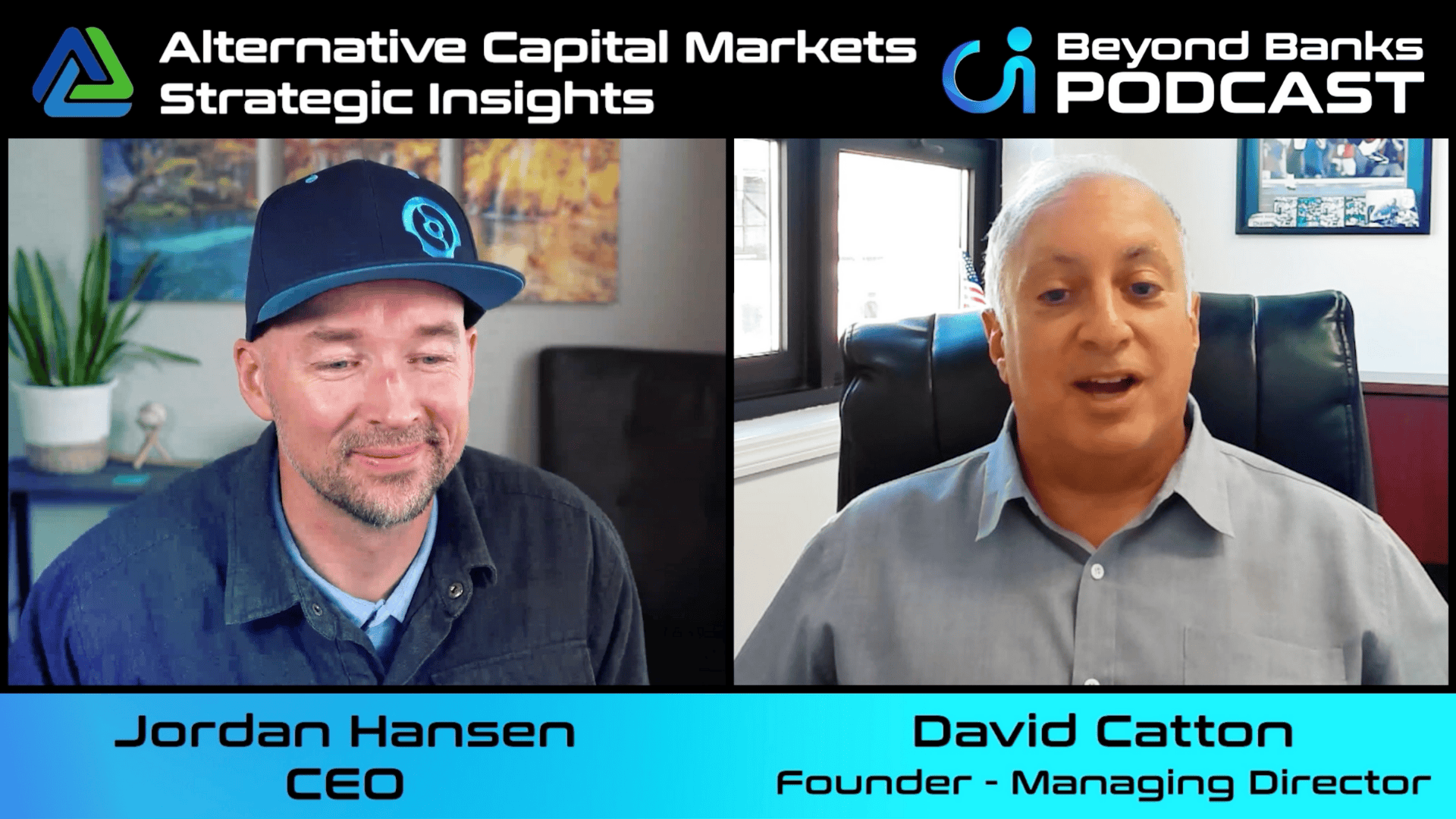
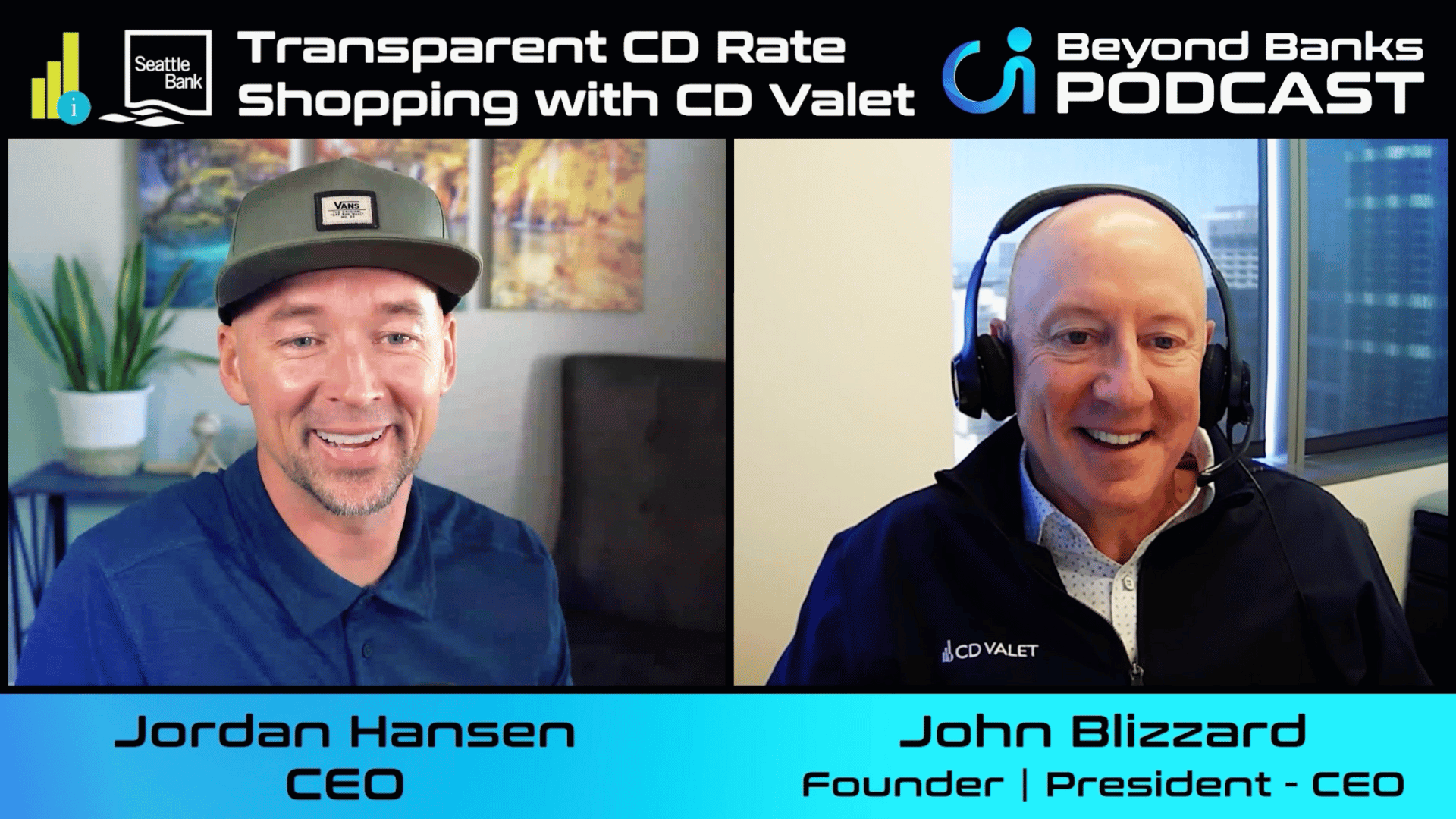


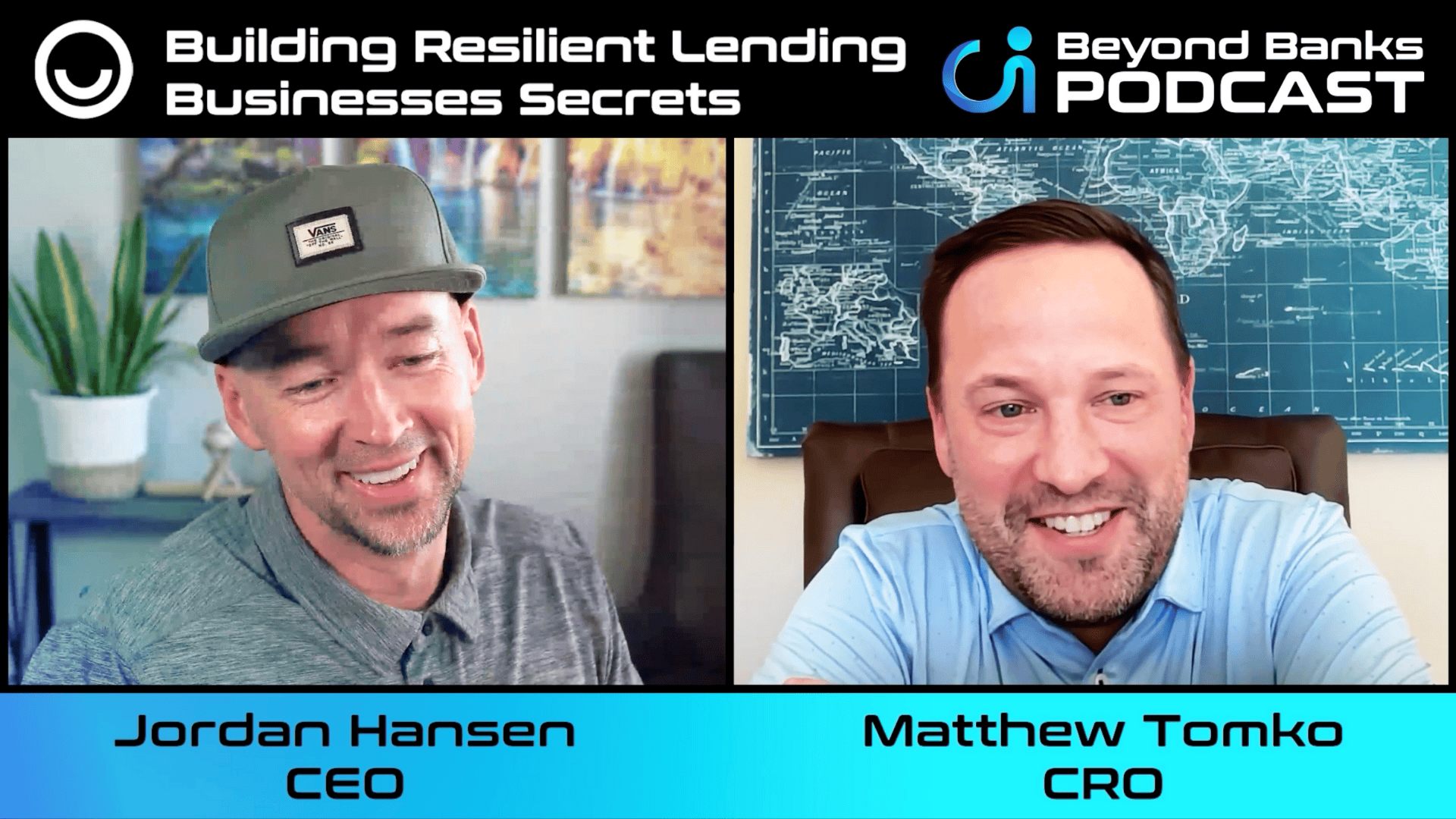

.png)
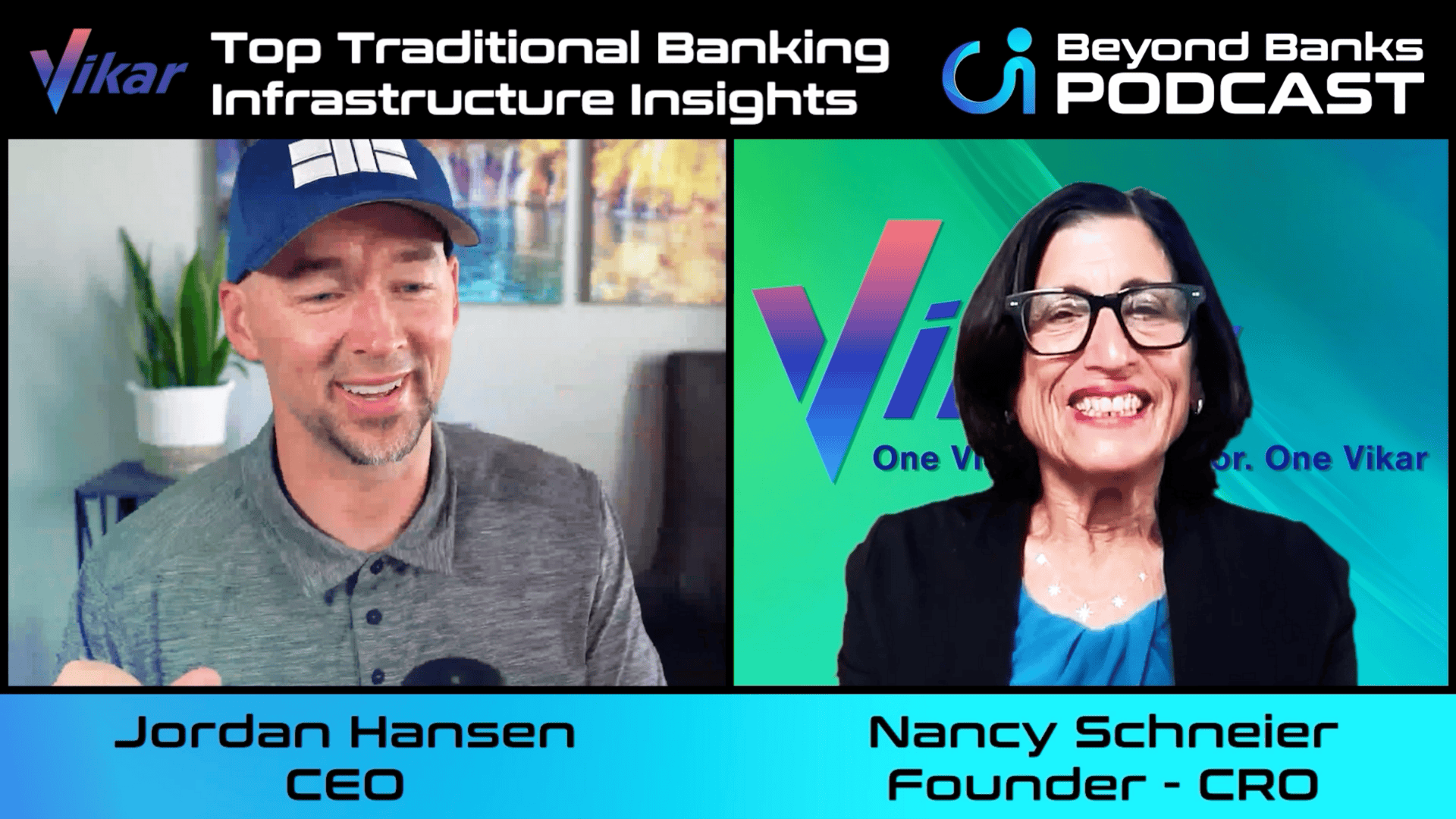
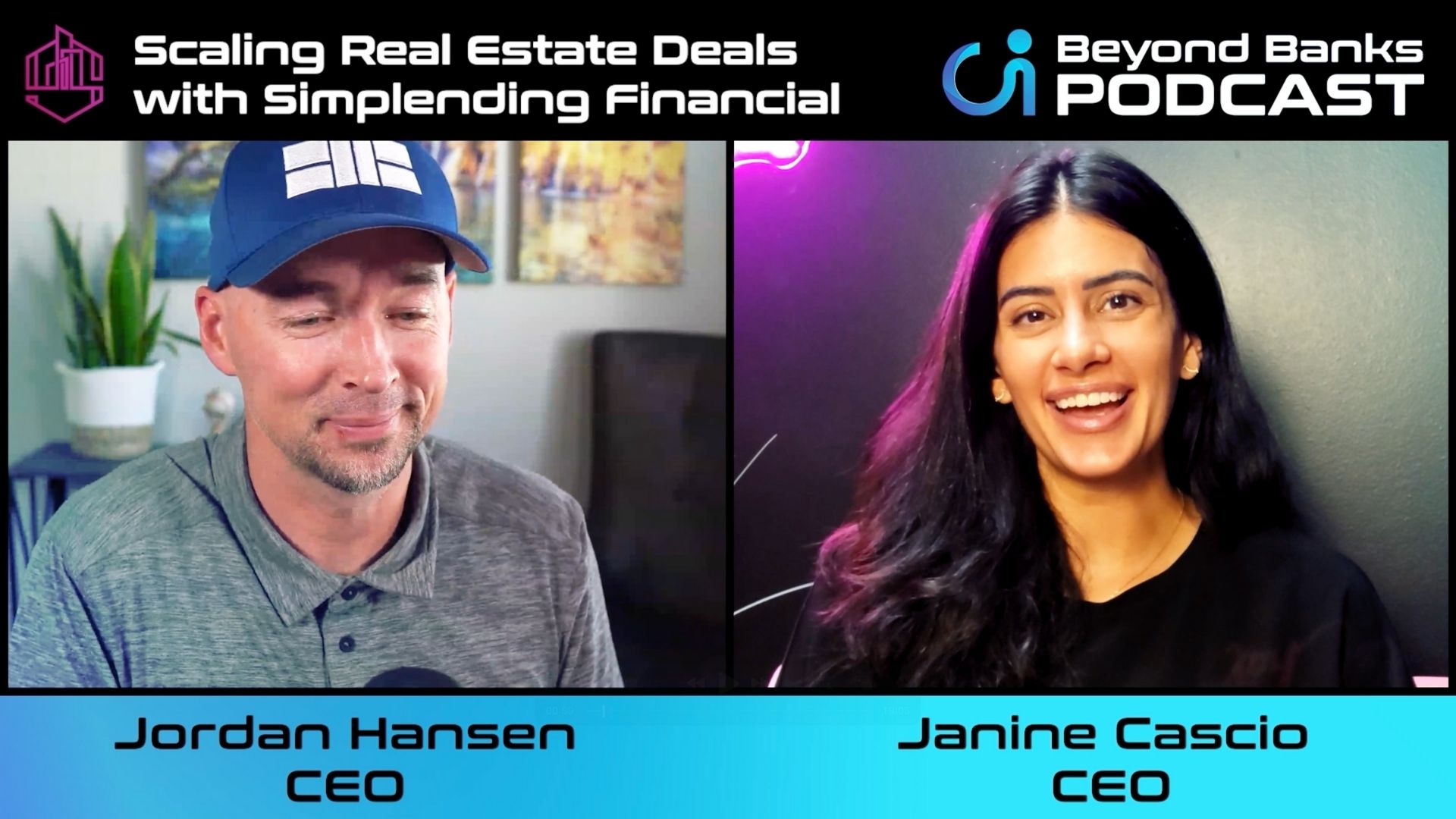
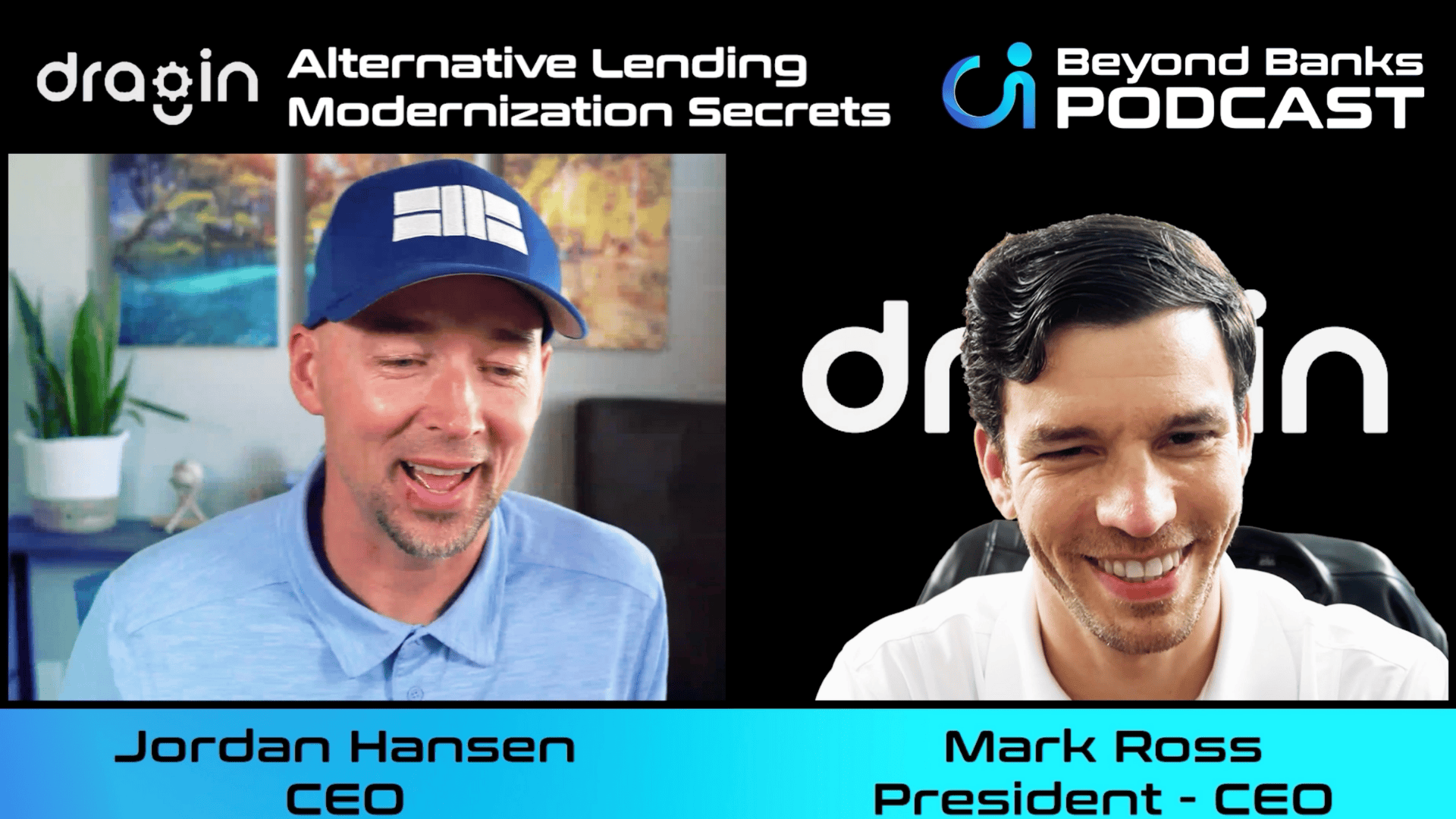
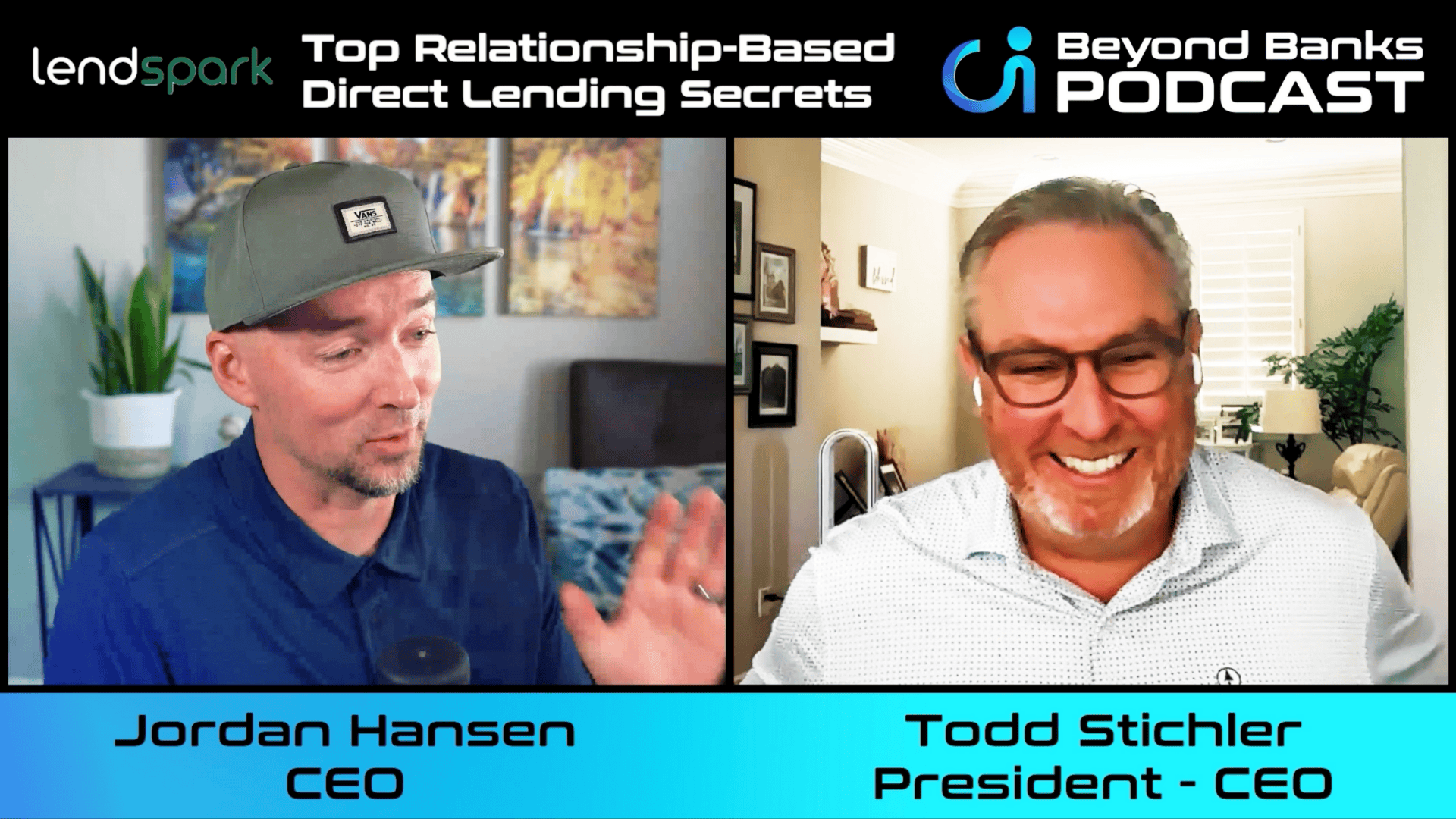
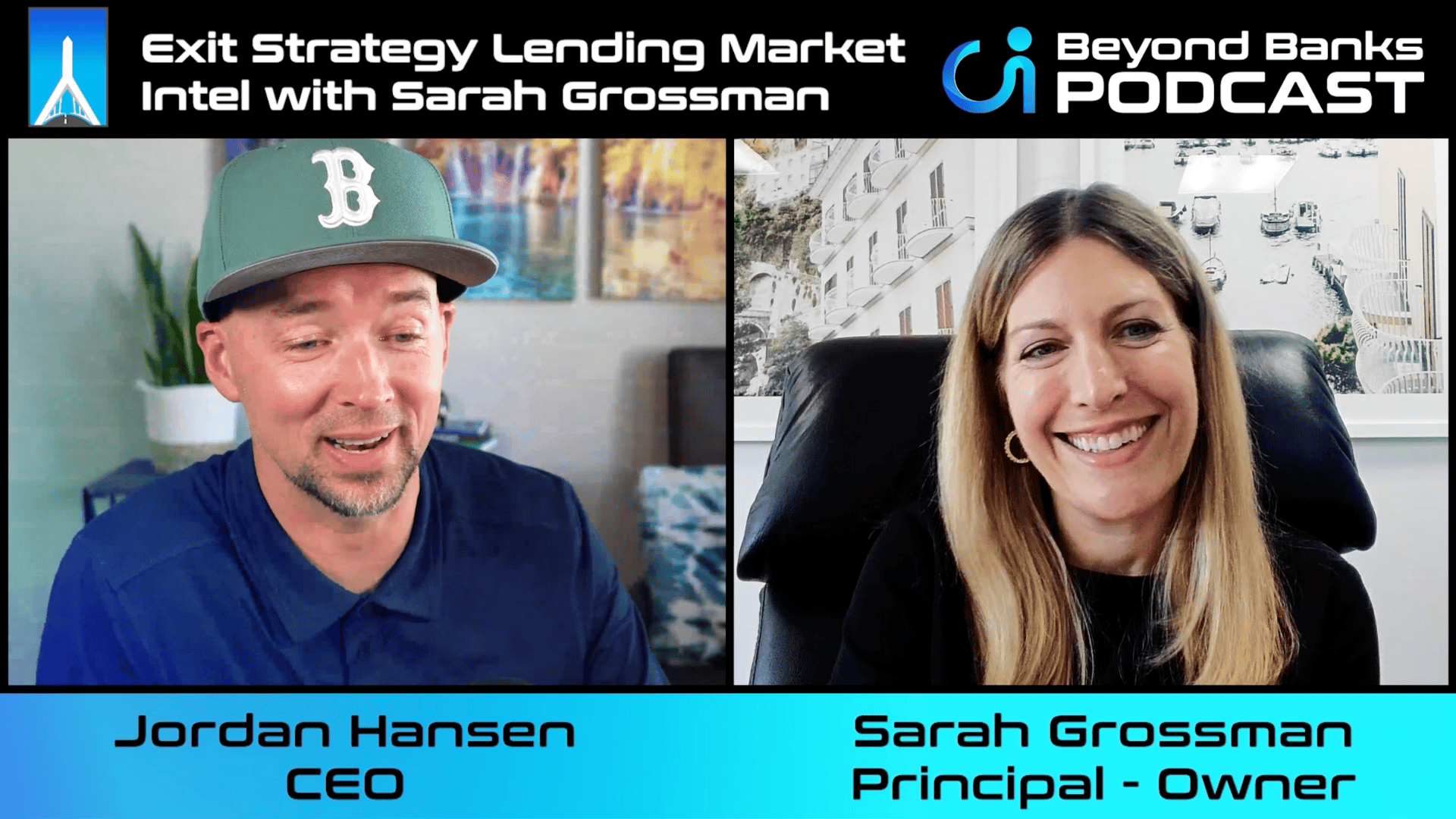
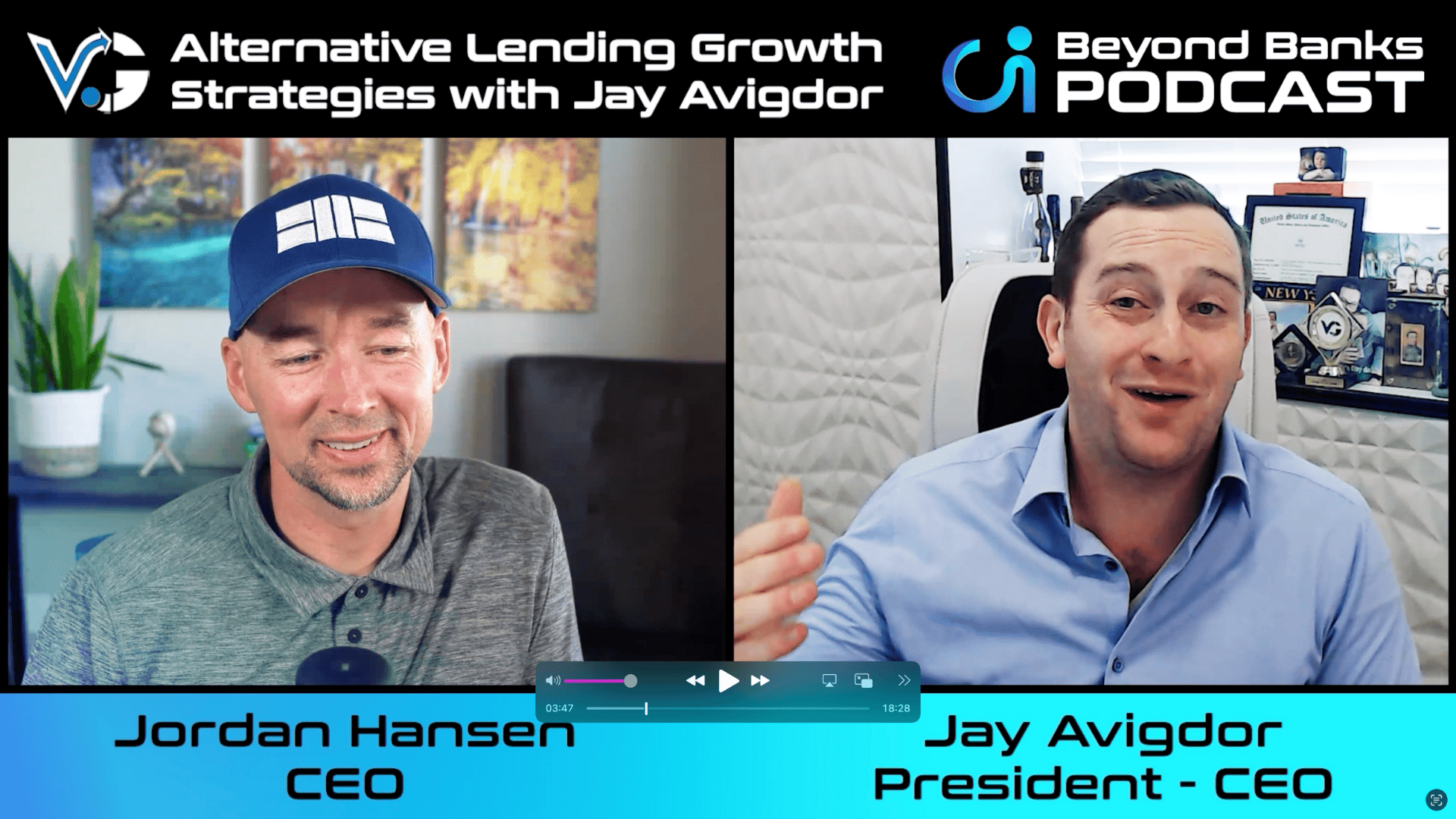
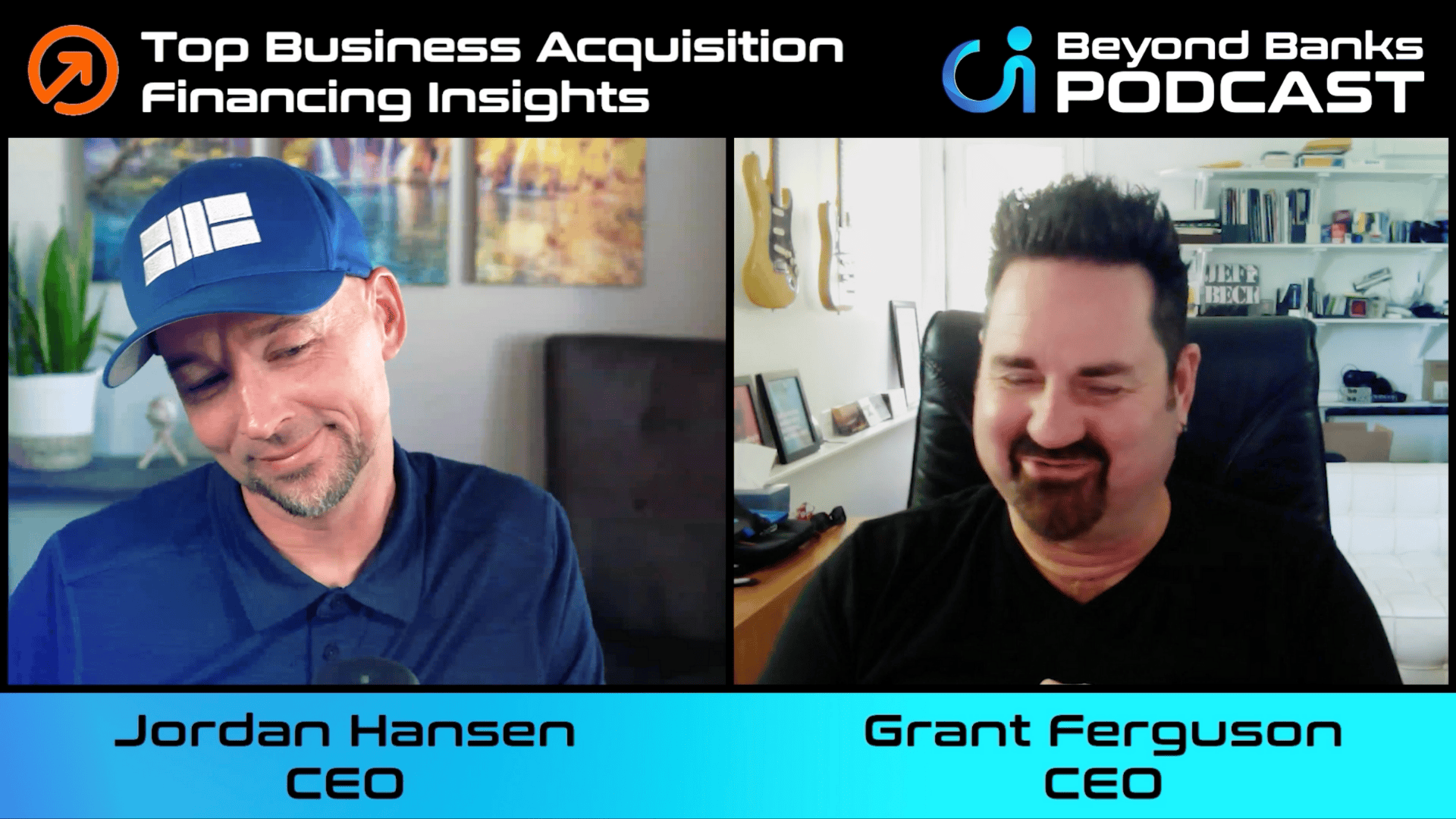
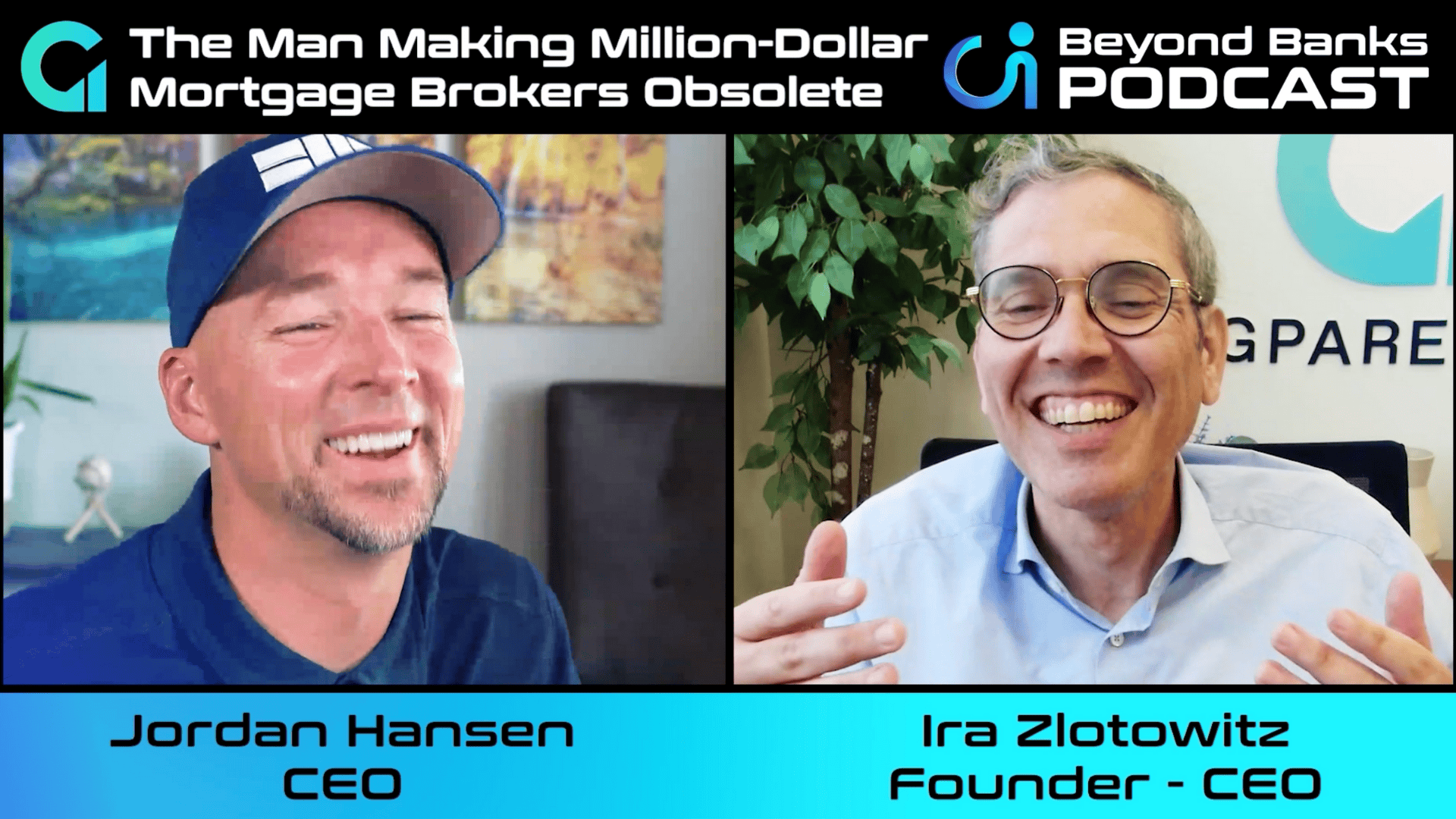
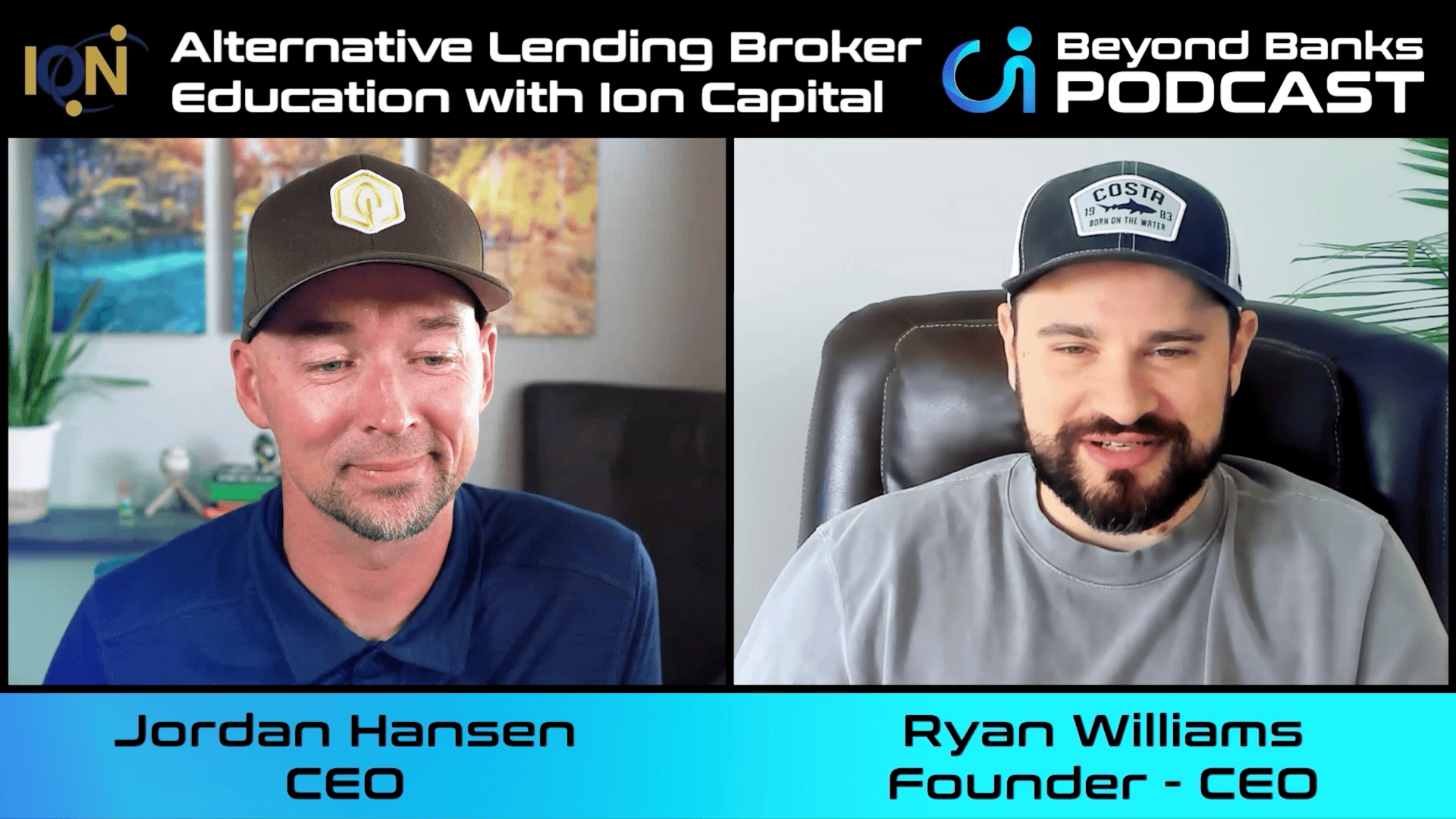
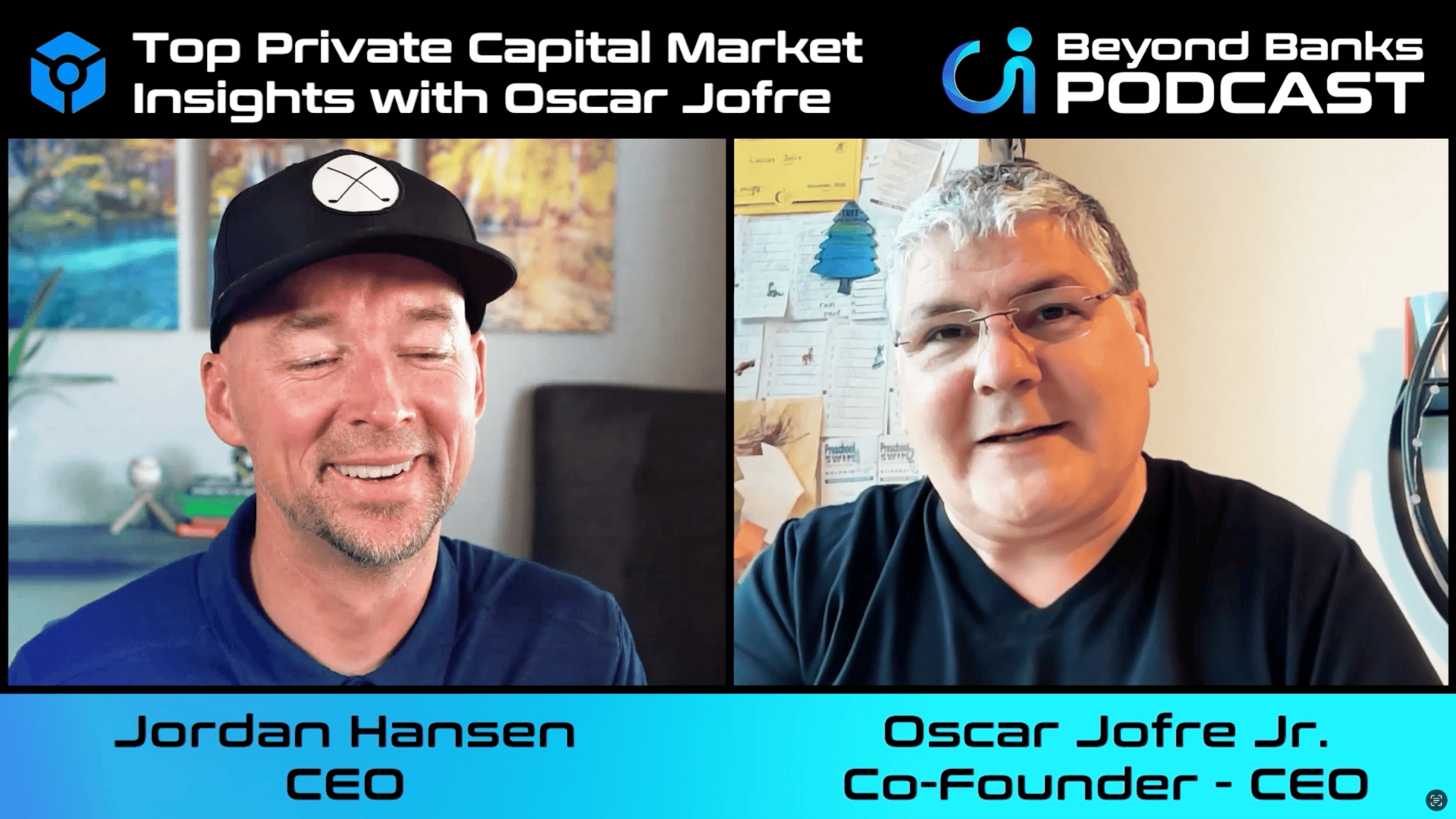

















.png)